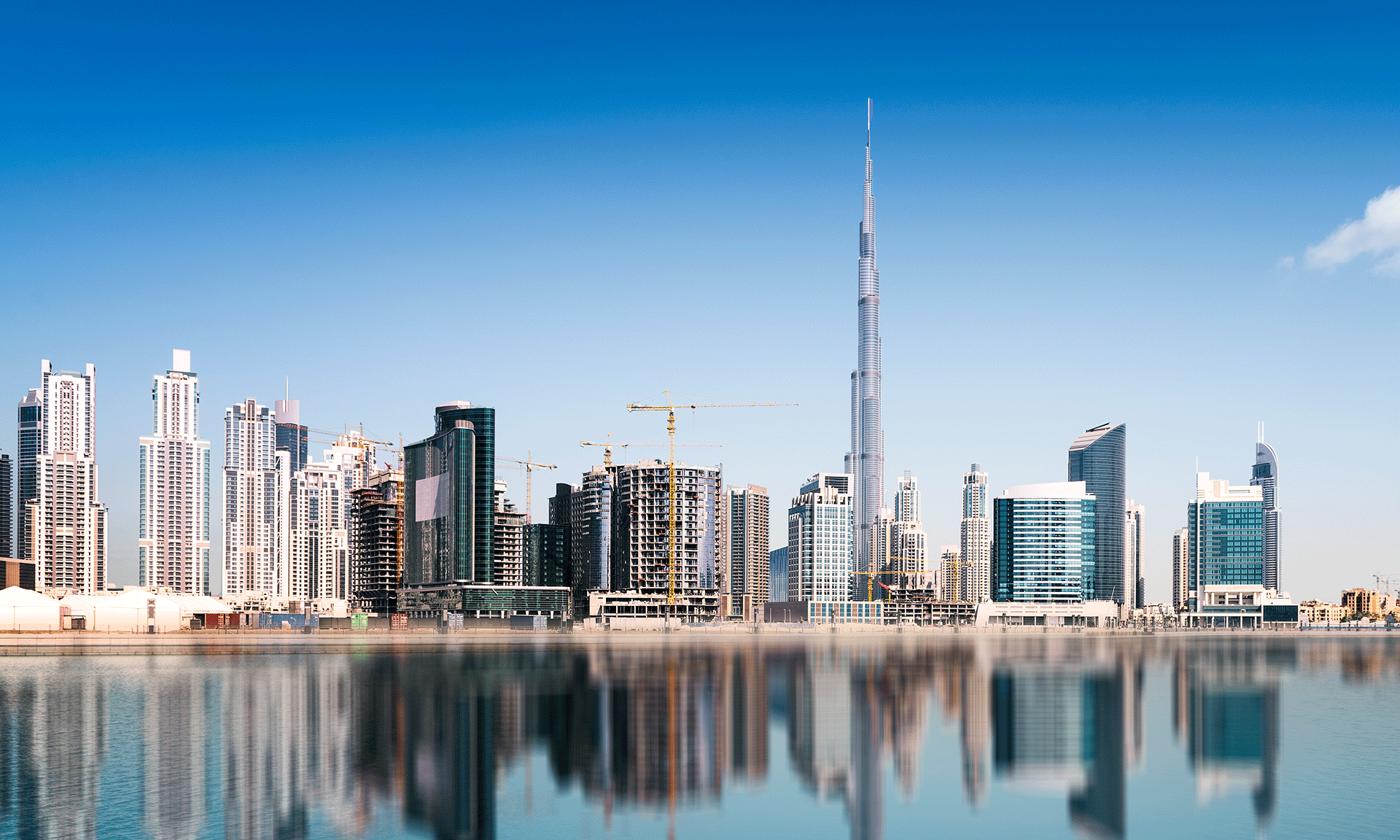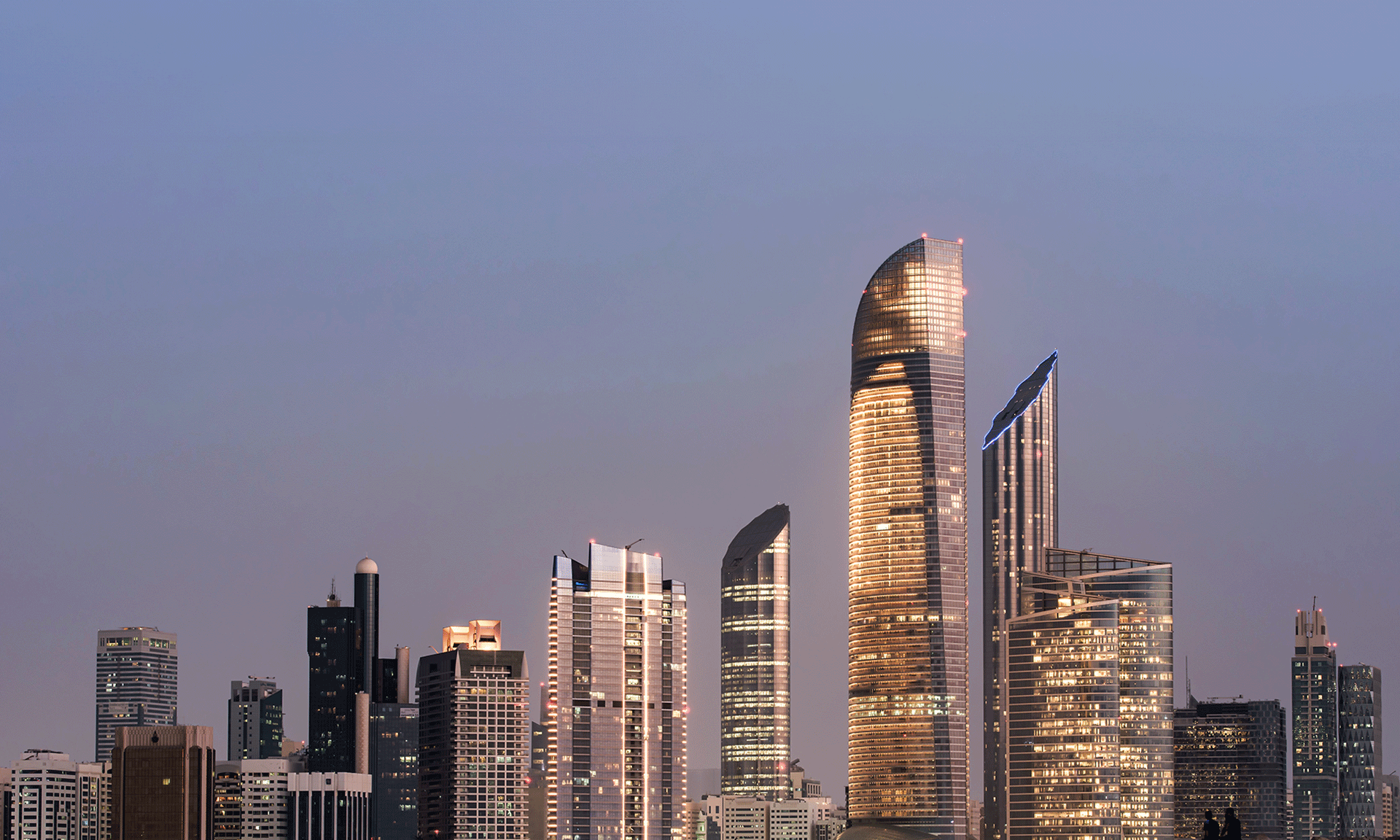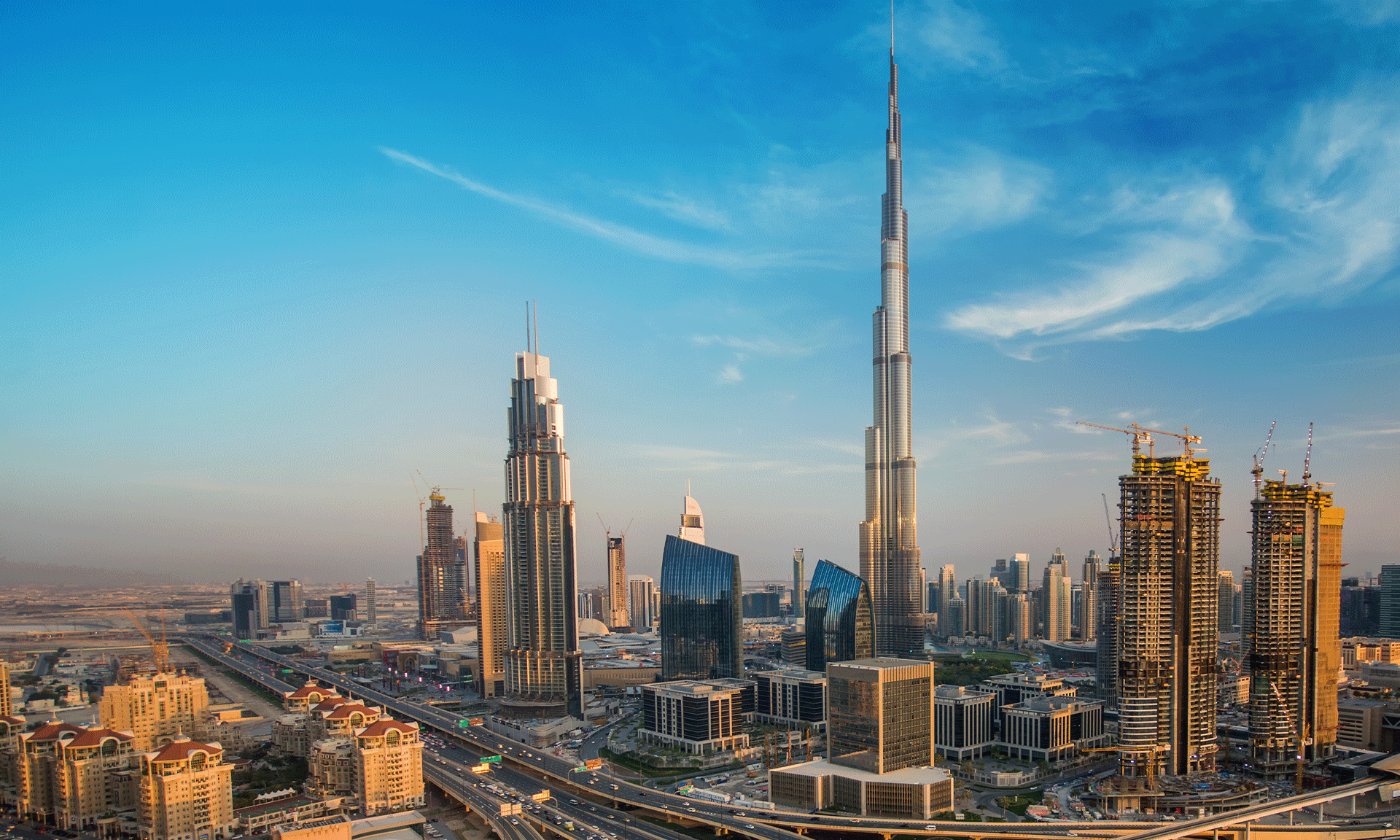The UAE announced on Saturday, January 30 2021 about the amendment of the country’s citizenship laws granting citizenship status to investors and expatriates for the first time, a move that could potentially benefit the UAE with more foreign investment and new business setup in Dubai. Additionally, the move will mean quality human capital for the country.
The Prime Minister of UAE, Sheikh Mohammed bin Rashid Al Maktoum, also the ruler of Dubai, said “the new measures were aimed at attracting skilled professionals and their families to help in the development of the emirates.”
“We adopted law amendments that allow granting the UAE citizenship to investors, specialized talents & professionals including scientists, doctors, engineers, artists, authors, and their families. The new directives aim to attract talents that contribute to our development journey,” he added.
The nomination and approval rights for qualifying the eligibility of such citizenship will lie with the UAE cabinet, local emiri or rulers’ courts, and executive councils of the seven emirates under clear criteria set for each category. The law will allow those qualified and provided with UAE passports to “keep their existing citizenship”, he added.
The changes to the law on nationality and passports, in effect, will allow expatriates to become dual citizens and for the first time in history for any of the Middle East nations. The UAE has also become one of the few countries in West Asia to grant citizenship to expatriates, who form a large chunk of the population in the region.
The UAE alone is home to millions of foreigners, one of the largest concentrations of expatriates in the Middle East and other parts of West Asia. It is believed that this citizenship amendment act along with the recent Abraham Accord and normalization of diplomatic and economic ties with Israel will witness increased FDI pouring into the UAE with many new Dubai company incorporation as well as many new businesses in other parts of the Emirates.
The categories that can qualify to acquire UAE nationality include.
- Investors
- Specialists
- Families, spouses, and children
- Doctors
- Scientists
- Artists
- Inventors
- Talents
- Intellectuals
Granting of citizenship will be through nominations from the courts of rulers and crown princes, executive councils of the seven emirates, and the cabinet and will be based on nominations received from federal entities.
The UAE cabinet declared the changes in line with an order received from President Sheikh Khalifa bin Zayed Al Nahyan to attract and retain individuals with specialized skills and innovative minds.
The amendments laid down certain criteria and conditions to be fulfilled by each of the above categories before granting UAE citizenship.
Doctors and specialists must be specialized in a unique scientific discipline or any other scientific principles that are highly required in the UAE and have acknowledged scientific contributions, studies, and research of scientific value and practical experience of not less than 10 years, in addition to obtaining membership of a reputable organization in his/her field of specialization.
Scientists are required to be active researchers at a university, research center, or in the private sector, with practical experience of not less than 10 years. They should have contributions in their field, such as winning a prestigious award or securing substantial funding for research in the past 10 years. It is also mandatory to obtain a recommendation letter from any recognized scientific institution in the UAE.
Investors must own a property in the UAE
Inventors need to obtain one or more patents approved by the UAE’s ministry of economy or any reputable international body, in addition to a recommendation letter from the Economy Ministry.
Persons with creative talents, such as intellectuals and artists, should be pioneers in culture and arts and winners of one or more international awards. A recommendation letter from related government entities is mandatory as well.
If some expatriates qualify then before acquiring citizenship, the expatriates must swear an oath of allegiance, commit to abide by local laws, and inform authorities in case they acquire or lose any other citizenship.
UAE citizenship offers a range of benefits, including the right to establish or own commercial entities and properties, and any other benefits coming into effect from federal authorities.























